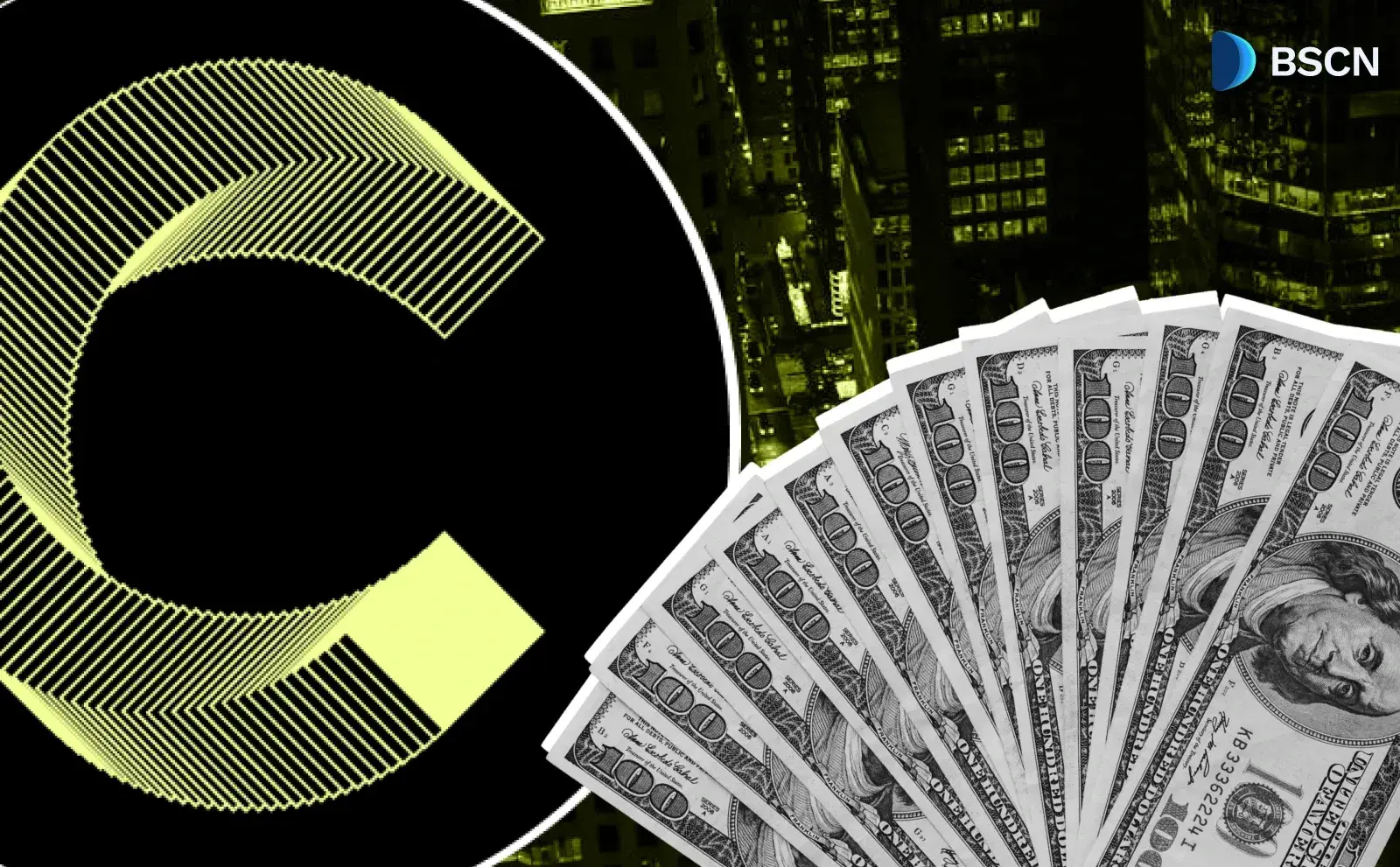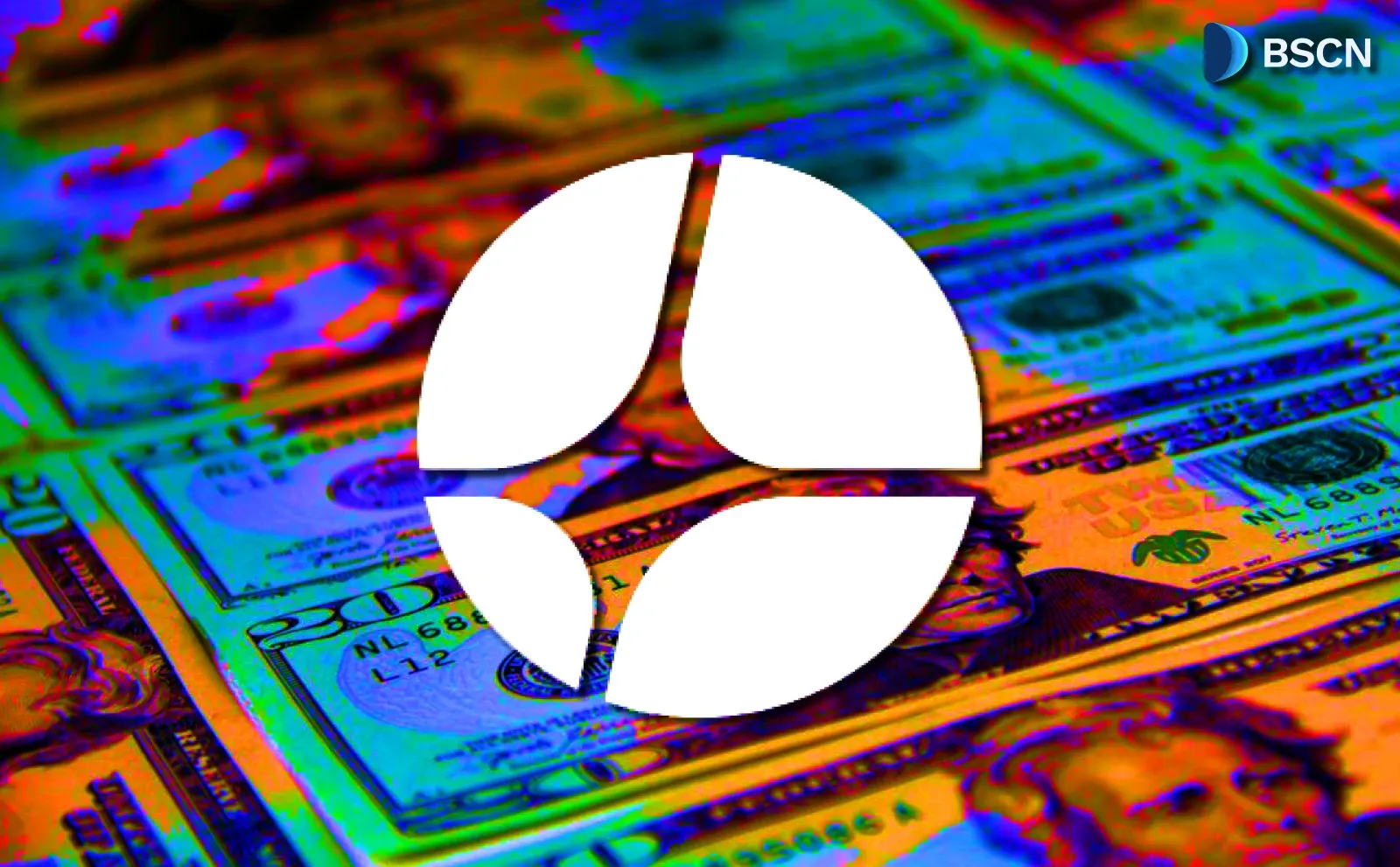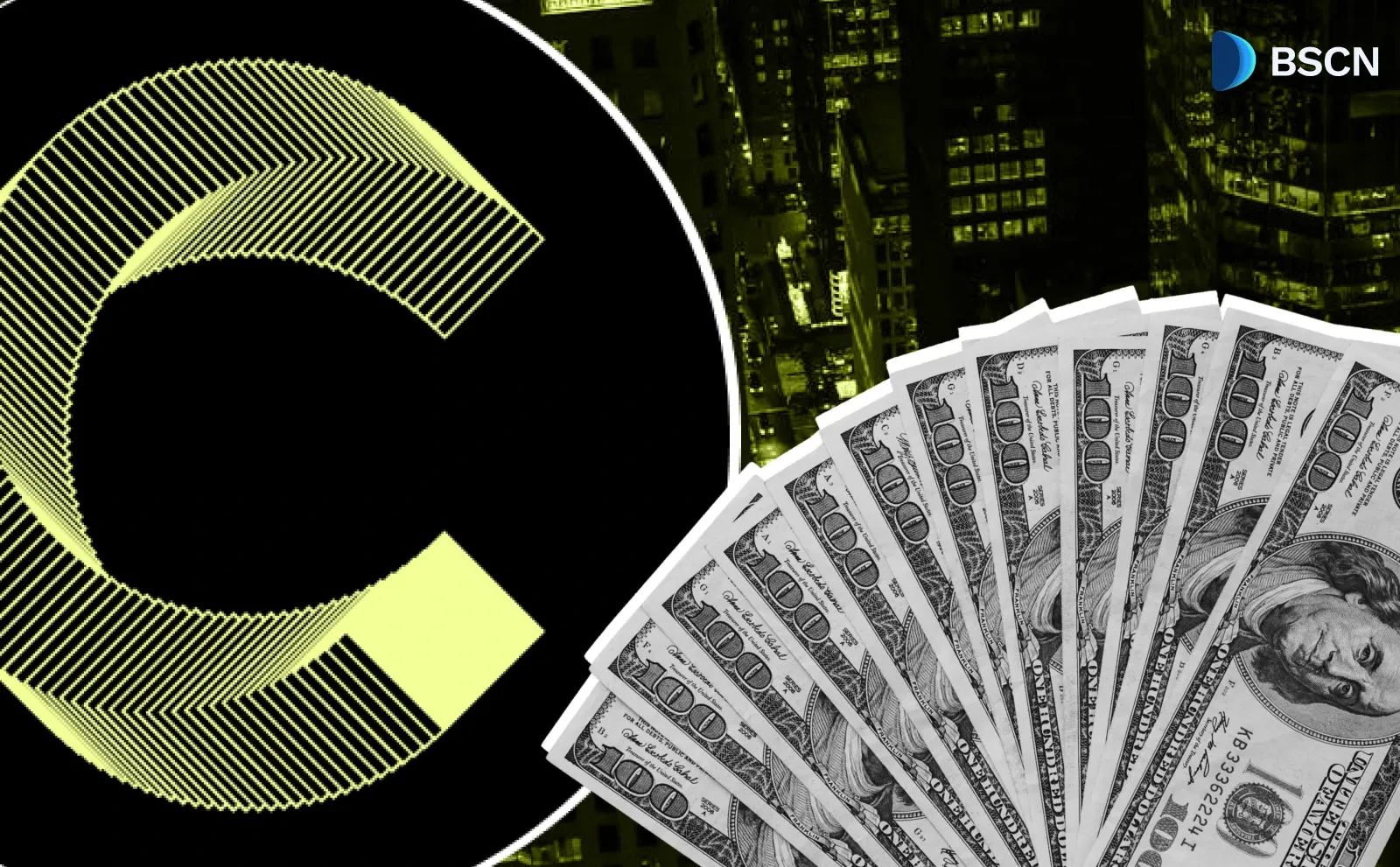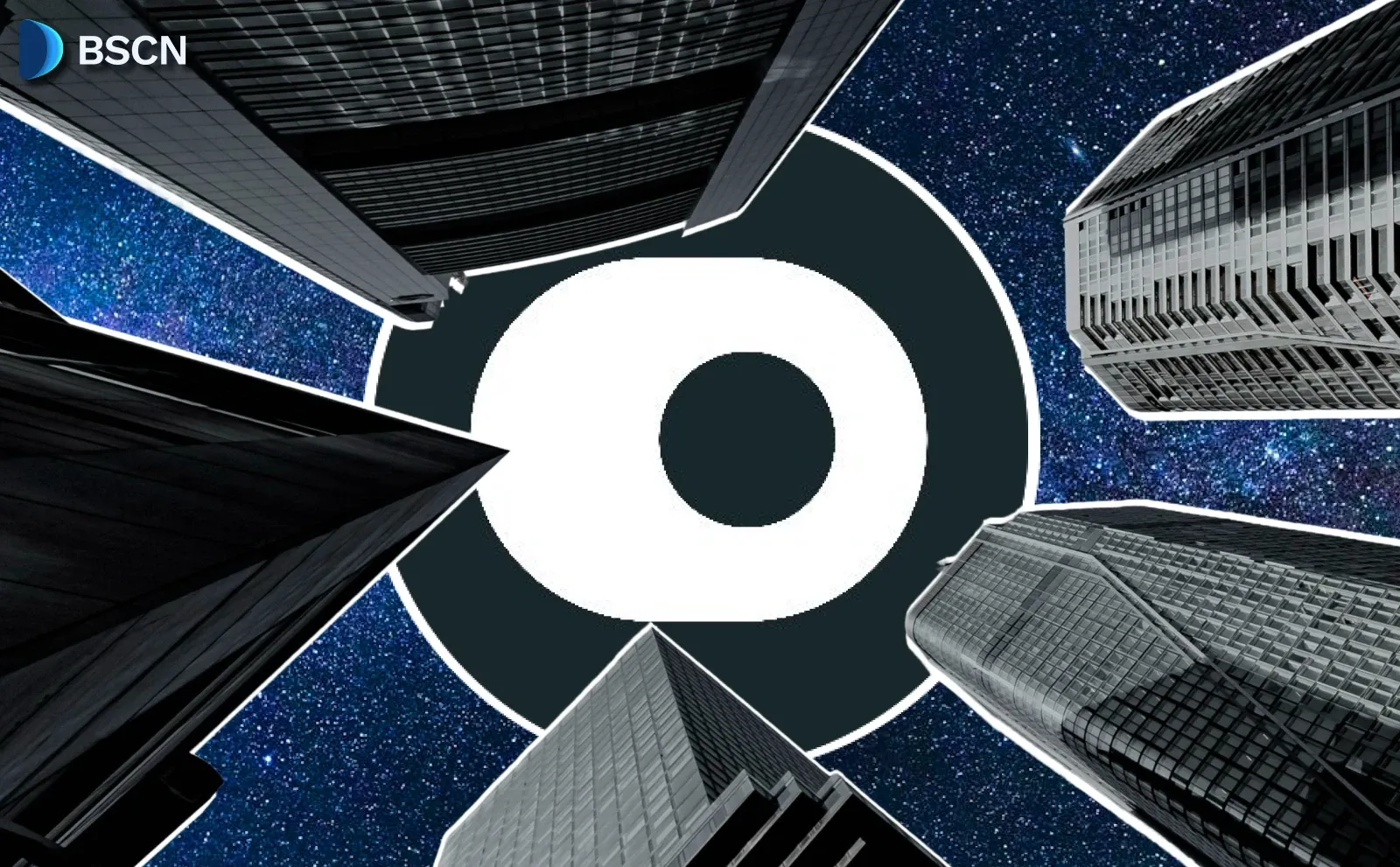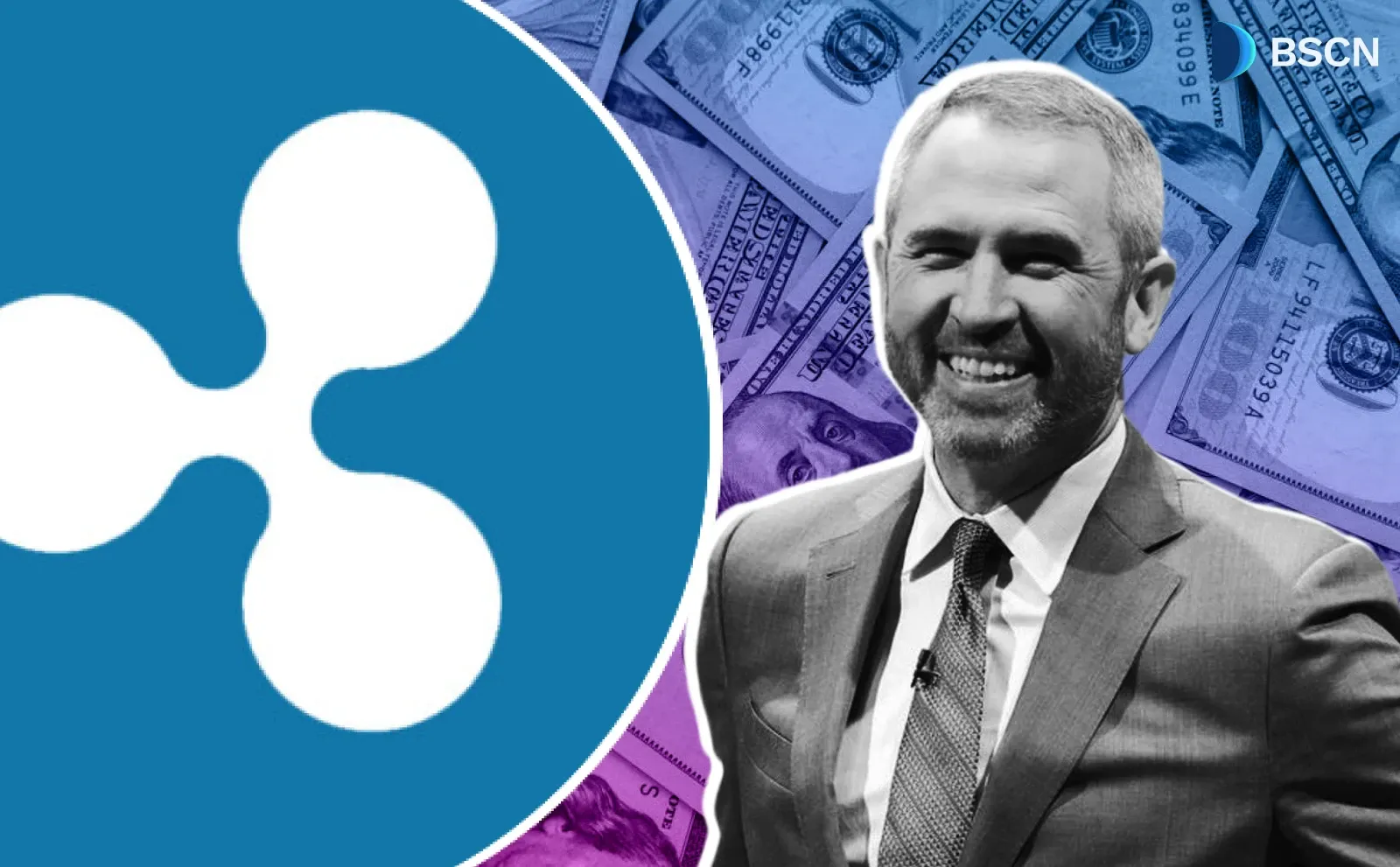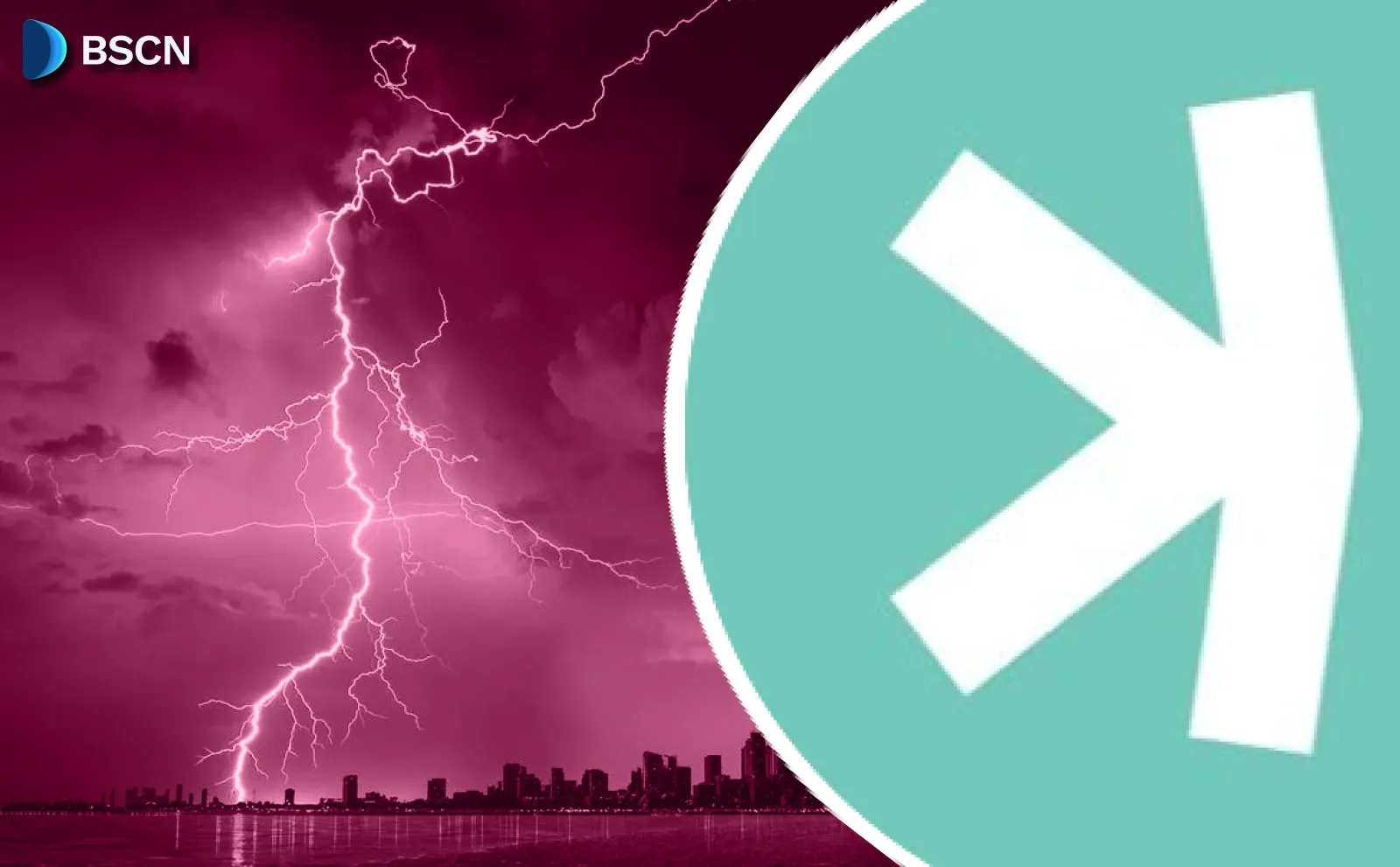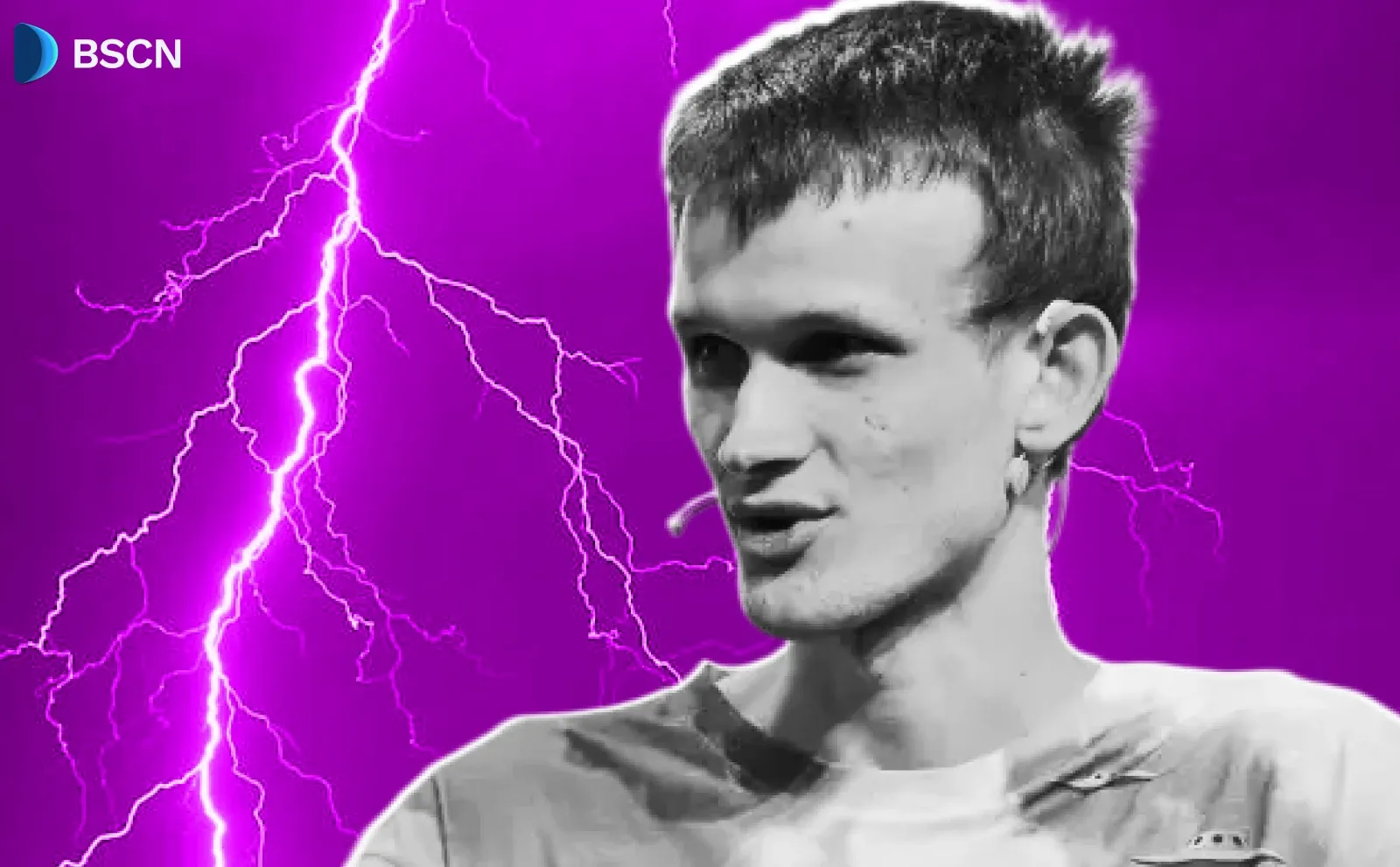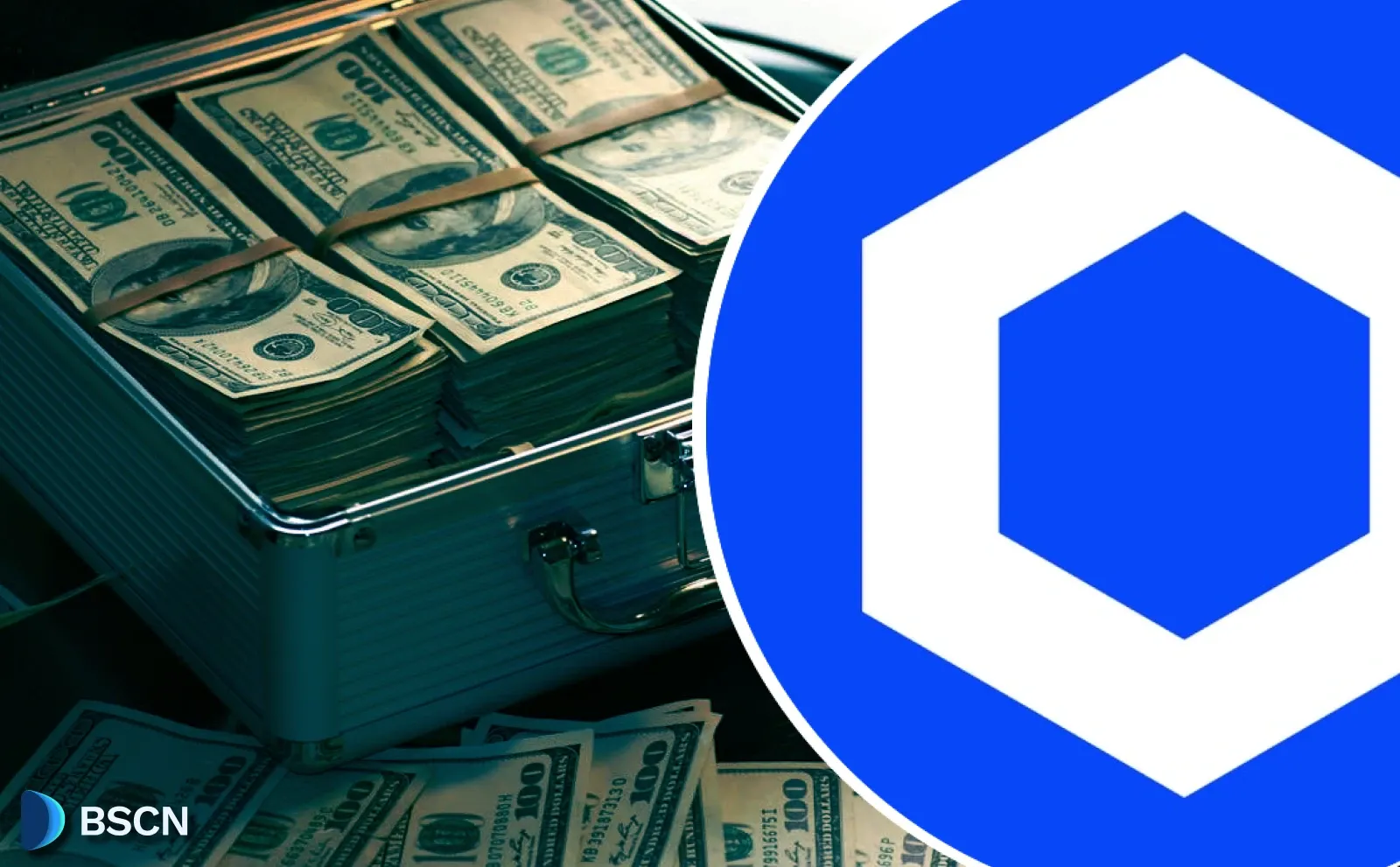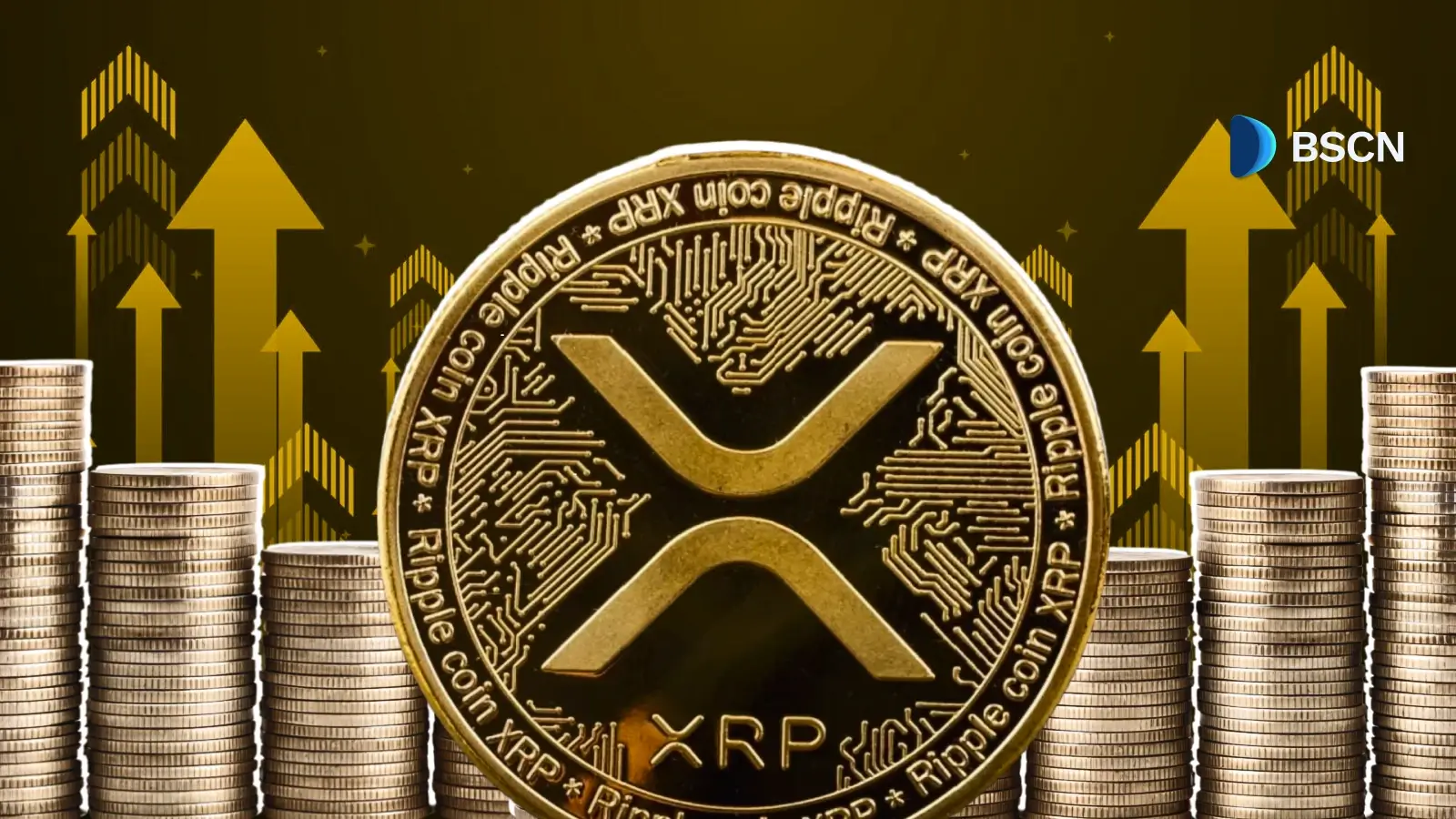Ondo Finance’s New Blockchain: What is Ondo Chain

The goal is to bridge traditional finance (TradFi) and decentralized finance (DeFi) by creating a compliant, transparent, and institution-friendly blockchain.
Soumen Datta
February 7, 2025
Table of Contents
Ondo Finance, a leading player in tokenized real-world assets (RWAs), announced Ondo Chain, a Layer 1 blockchain network designed to bridge the gap between traditional finance (TradFi) and decentralized finance (DeFi). The announcement was made at the inaugural Ondo Summit, marking a major step in the evolution of institutional-grade blockchain infrastructure.
"Financial markets are overdue for an upgrade," said Nathan Allman, CEO of Ondo Finance. "Today's financial systems are plagued by high fees, limited access, and operational inefficiencies. At Ondo, we are addressing these challenges head-on by creating a unified ecosystem that bridges the best of traditional finance with the capabilities of blockchain technology.”
With Ondo Chain, the company aims to address key challenges in the tokenization of real-world assets, ensuring security, compliance, and interoperability while maintaining the efficiency and transparency of public blockchains like Ethereum.
Why Ondo Chain? Addressing Key Infrastructure Challenges
Ondo Finance has identified several barriers to scaling tokenized securities on blockchain networks. These include:
1. DeFi Incompatibility with Public Securities
Traditional financial instruments, like corporate stocks and government bonds, come with complex mechanics such as dividends, splits, and corporate actions. These features do not align well with existing DeFi protocols, making integration difficult.
2. Liquidity Fragmentation Across Blockchains
Currently, RWAs are being issued on multiple blockchains, leading to liquidity fragmentation and increased operational complexity for issuers and investors. Ondo Chain aims to provide a unified ecosystem to facilitate cross-chain interoperability.
3. High and Unstable Transaction Fees
Most blockchain networks require fees paid in volatile native tokens like ETH, causing unpredictable costs. Ondo Chain seeks to stabilize transaction fees by allowing staking of tokenized RWAs, ensuring cost-effective transactions.
4. Security Concerns in Bridging and Data Feeds
Cross-chain bridging vulnerabilities have led to multiple high-profile exploits, making security a key priority. Ondo Chain will use institutional-grade validators and decentralized verifier networks (DVNs) to enhance security.
5. Institutional Hesitation Due to Regulatory Concerns
Many regulated financial institutions avoid public blockchains due to compliance risks, front-running concerns, and inability to hold crypto assets. Ondo Chain is reportedly built with permissioned validators to address these concerns, making it suitable for institutional capital markets.
How Ondo Chain Solves These Challenges
Ondo Chain introduces a hybrid approach, combining the openness of public blockchains with the security and compliance of permissioned chains. Following are the ways how Ondo Finance aims to solve the challenges:
Institutional-Grade Network Security
1. Validators on Ondo Chain can stake high-quality RWAs rather than volatile cryptocurrencies.
2. This approach enhances network security while reducing risks tied to crypto price fluctuations.
Permissioned Validators for Compliance and Fairness
1. Only regulated financial institutions and vetted entities can serve as validators.
2. This eliminates malicious MEV (Maximal Extractable Value) strategies and front-running risks.
Native Support for Tokenized RWAs
1. Ondo Chain is designed to seamlessly integrate tokenized real-world assets into its ecosystem.
2. Asset backing will be continuously verified by Ondo Chain validators for maximum transparency.
Cross-Chain Interoperability & Omnichain Messaging
1. Ondo Chain will feature native bridging capabilities, eliminating reliance on risky third-party bridge providers.
2. Seamless asset transfers across multiple blockchain networks will enhance liquidity and accessibility.
Institutional-Grade Governance
1. Governance will follow a two-tier structure, allowing financial institutions and blockchain stakeholders to jointly oversee decision-making.
2. The governance model ensures the network evolves in alignment with regulatory and market needs.
A Game-Changer for Real-World Asset Tokenization?
According to Ondo Chian, key benefits include:
- Global Accessibility – Tokenized assets will be available 24/7, eliminating the time restrictions of traditional markets.
- Lower Transaction Costs – By allowing RWA staking, the network can operate with lower fees than existing public blockchains.
- Stronger Institutional Participation – Built-in compliance measures make it easier for regulated firms to participate in DeFi.
- Enhanced Security – Permissioned validators and decentralized verifiers reduce the risks of hacks and financial fraud.
- Seamless DeFi Integration – Institutional assets will be natively supported in lending, borrowing, and staking protocols.
As per the Ondo team, Ondo Chain offers a unique combination of advantages compared to public and permissioned blockchains, including:
- Unlike Ethereum & Solana – Ondo Chain is built specifically for RWAs, ensuring seamless compliance and integration.
- Unlike Private Permissioned Chains – It maintains public accessibility while ensuring institutional compliance.
- Unlike Traditional Finance – Offers instant settlement, round-the-clock trading, and global liquidity access.
The announcement follows Ondo's launch of a tokenization platform designed to bring stocks, bonds, and funds onto blockchain infrastructure.
Tokenization—converting traditional assets into digital tokens on a blockchain—is gaining momentum worldwide. Reports from McKinsey, BCG, 21Shares, and Bernstein predict the tokenized real-world asset (RWA) market could reach trillions of dollars this decade.
Read Next...
Disclaimer
Disclaimer: The views expressed in this article do not necessarily represent the views of BSCN. The information provided in this article is for educational and entertainment purposes only and should not be construed as investment advice, or advice of any kind. BSCN assumes no responsibility for any investment decisions made based on the information provided in this article. If you believe that the article should be amended, please reach out to the BSCN team by emailing [email protected].
Author
 Soumen Datta
Soumen DattaSoumen has been a crypto researcher since 2020 and holds a master’s in Physics. His writing and research has been published by publications such as CryptoSlate and DailyCoin, as well as BSCN. His areas of focus include Bitcoin, DeFi, and high-potential altcoins like Ethereum, Solana, XRP, and Chainlink. He combines analytical depth with journalistic clarity to deliver insights for both newcomers and seasoned crypto readers.
Crypto Project & Token Reviews
Project & Token Reviews
Comprehensive reviews of crypto's most interesting projects and assets
Learn about the hottest projects & tokens



